The security architecture of the past 50 years is in ruins. Robert Misik maps a policy for the new cold war.
ROBERT MISIK
‘I erred.’ With these frank words—not exactly typical for a politician—the German president, Frank-Walter Steinmeier, summed up his assessment of his Russian counterpart, Vladimir Putin, and his adherence over the years to a policy of co-operation with him, including as a former social-democrat foreign minister and deputy prime minister. Inviting a debate, Steinmeier asked: ‘Were therefore the goals wrong?’ The Ukrainian president, Volodymyr Zelenskyy, gave his own implicit verdict when he excluded Steinmeier from joining a solidarity visit to Kyiv by Polish and Baltic-state leaders last Wednesday.
February 24th, the day of the invasion of Ukraine, darkened our entire existence. It has been blackened further by the war crimes and atrocities by an uninhibited army which have followed. These dramatic events present social democrats and the progressive left with the painful task of rethinking past policies and, quickly, developing future ones.
Putin’s people
In what way could a social-democratic policy towards the Putin regime have ‘erred’? After all, social democrats are not usually despisers of freedom, fans of dictators or trivialisers of totalitarianism.
In the circles of radical, post-communist leftists, true, it is not uncommon to portray the west as the actual aggressor over Ukraine and Putin’s despotic Russia as victim. This stems partly from a crazy ‘anti-imperialism’ (= anti-Americanism) and partly from a nostalgia for the Soviet Union which somehow still imagines the once KGB man in the Deutsche Demokratische Republik as a ‘communist’.
On the European far right, meanwhile, Putin has absolutely played the hero. His image is that of standing against the mainstream, against the (Jewish) philanthropist George Soros and the United States, advocating a hard conservative masculinity which rejects ‘gender ideology’, gay marriage and all that liberal, modernist stuff. The man out to ‘de-Nazify’ Ukraine is the spiritual godfather of all right-wing radicals and neo-Nazis in Europe.
Liberal way of life
Social democrats and left-liberal progressives, however, were not for these reasons temporarily blind to the danger of a neo-imperial reassertion by the strongman in the Kremlin. After all, social democrats not only uphold the institutions of democracy and the liberal way of life. They have historically been among the fiercest opponents of Stalinism and virtually all kinds of authoritarianism—it’s in their DNA.
It was people like Willy Brandt—mayor of west Berlin when the wall was erected—who carried the torch of freedom. Yet it was also the social democrats in Europe who, after the initial, ossifying years of the cold war, and the associated policy of ‘containment’, imposed a second approach. This was diplomacy, co-operation and a peace policy, which it was hoped would progressively outlaw the worst human-rights violations.
Known in Germany as the Entspannungspolitik (the politics of easing tensions), this doctrine oddly combined moral elements—‘dialogue’ and ‘human rights’—and a more coldly-calculating Realpolitik. The experience of détente was that co-operation could, in gradual steps, reduce the threat of (ultimately nuclear) war, reverse the calcification of regimes and initiate change for the better.
At least, that is the story that was told afterwards. Even at the time, though, it had its questionable aspects—such as that if one sat for so many hours with those unalterably in power one somehow forgot that opposition figures, dissidents and human-rights activists should be more natural interlocutors.
Pushing back democracy
In the 1990s, liberal, pluralist democracy seemed to have won everywhere in Europe. And in the Russia of Boris Yeltsin, who had advocated multi-party democracy and resigned from the Communist Party Politburo before becoming president, things were moving in the right direction—albeit amid chaos following the collapse of the Soviet Union. A vibrant civil society emerged, with party pluralism, free speech and reasonably intact constitutional arrangements.
Putin and his gang of St Petersburg friends and KGB types, however, began to push back on democracy and freedom from the day he took over from Yeltsin—December 31st, 1999. Putin had a narrative for this: the Soviet implosion had been a disaster, the turmoil of the 1990s was the enemy, Russians were fed up with the chaos and they wanted a strong state, he declared.
He gradually fleshed out this narrative ideologically. An empire would be rebuilt under the guise of legtitimately reintegrating the former Soviet components of Russia’s ‘near abroad’. This was allied to ‘manly’ leadership and the values of Christian Orthodoxy—patriarchy supported by the patriarchate. To this Putin added a permanent state of legitimate offence, portraying himself as the avenger of a Russia betrayed by the very west it had rescued from Nazism in the Great Patriotic War—no more to be trusted than in Soviet times.
The ‘error’
So what exactly was the ‘error’ of which Steinmeier spoke? It was one shared, it should be said, by many in western politics. Some had developed some sympathy for elements of the Putin narrative—the portrayal of a disordered Russia (perceived as a fragmented nation full of conflicts) needing ‘strong rule’.
At the same time, his new, ‘great Russian’ state philosophy, associated with ‘traditional values’, orthodoxy, nationalist exceptionalism and so on, was taken for ideological claptrap, meaningless storytelling. In the era of political ‘spin doctors’, the west had become accustomed to thinking that talk should not be taken too seriously. So it overlooked how the Russian leadership was developing a fascist ideology in a process of self-radicalisation.
Moreover, many trusted that economic entanglement and globalisation would make war impossible: the price of a new bloc confrontation would be too high. And what alternatives were there? In the absence of evident alternatives, people tended to bury their heads in the sand. Even when Russia began to fund fifth columns of aggressive right-wing populists and other purveyors of misinformation and conspiracy theories, all over the west, this was ignored for a very long time.
Future policy
This question of the ‘error’ and its causes is very important. For the foundations of a future policy toward Russia are being laid now.
We do not know, of course, what the outcome of the war will be. Russia could win and annex Ukraine and, together with other satellites such as Belarus, establish a new imperial bloc bordering directly on the west. Or it could ‘lose’—which would still leave Russia occupying part of Ukraine in the east and south.
But one thing is very likely: Russia will remain under Putin’s control, a new ‘iron curtain’ will descend and an aggressive, imperial power will remain not only a source of military threat to its immediate neighbors but also an opponent of the democratic way of life. A return to the status quo ante, of co-operation or even a new kind of détente—we can probably rule all that out. There will be no warm welcome for a war criminal any time soon.
The new ‘containment’
Rather, we shall have to adjust to a new policy of ‘containment’—a policy that pushes Russia back, isolates and weakens it. Russia’s neighbours, in the west, in the south (such as Ukraine or Georgia) and even in central Asia (Kazakhstan and so on), will turn away in the face of the threat it represents, sooner rather than later.
The west, especially the European Union, has been presented by Putin in recent years as weak and exhausted—even degenerate. And this has been echoed within by some who would say with a shrug: ‘After all, we have enough conflicts and enemies of the democratic way of life to deal with at home.’
But democratic elections, deliberation rather than violence in politics, the rule of law, human rights, a state that respects individuality and a pluralism of values in which everyone can be happy according to his or her preference—these are not weaknesses but the mutually-reinforcing buttresses of a civilised society. The EU should not be afraid to stress with self-confidence the strength of this liberal outlook.
Who says that the soft power of a democratic Europe cannot radiate far beyond the Caucasus? Maybe this is the moment for an ambitious foreign policy on behalf of a ‘European world’—an alternative to Putin’s Russkyj Mir. In such a Weltanschauung Europe sees itself as a zone of social welfare and a bulwark of freedom, democracy and pluralism—in short, ‘social’ as well as ‘democratic’.
In any case, one should quickly come out of shock. Because if the ‘error’ so many made in the west was simply not thinking three moves ahead in the political chess game (and ignoring the associated worst-case scenario), then this should not be committed a second time—forcing a resignation.
This is a joint publication by Social Europe and IPS-Journal

ROBERT MISIK is a writer and essayist living in Vienna. His Das Große Beginnergefühl: Moderne, Zeitgeist, Revolution (Suhrkamp-Verlag) will appear in May. He publishes in many newspapers and magazines, including Die Zeit and Die Tageszeitung. Awards include the prize for economic journalism of the John Maynard Keynes Society.



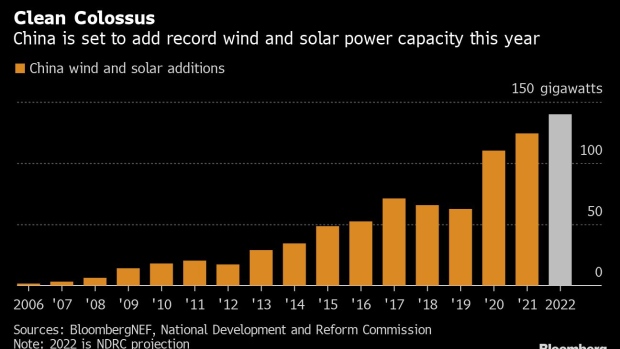

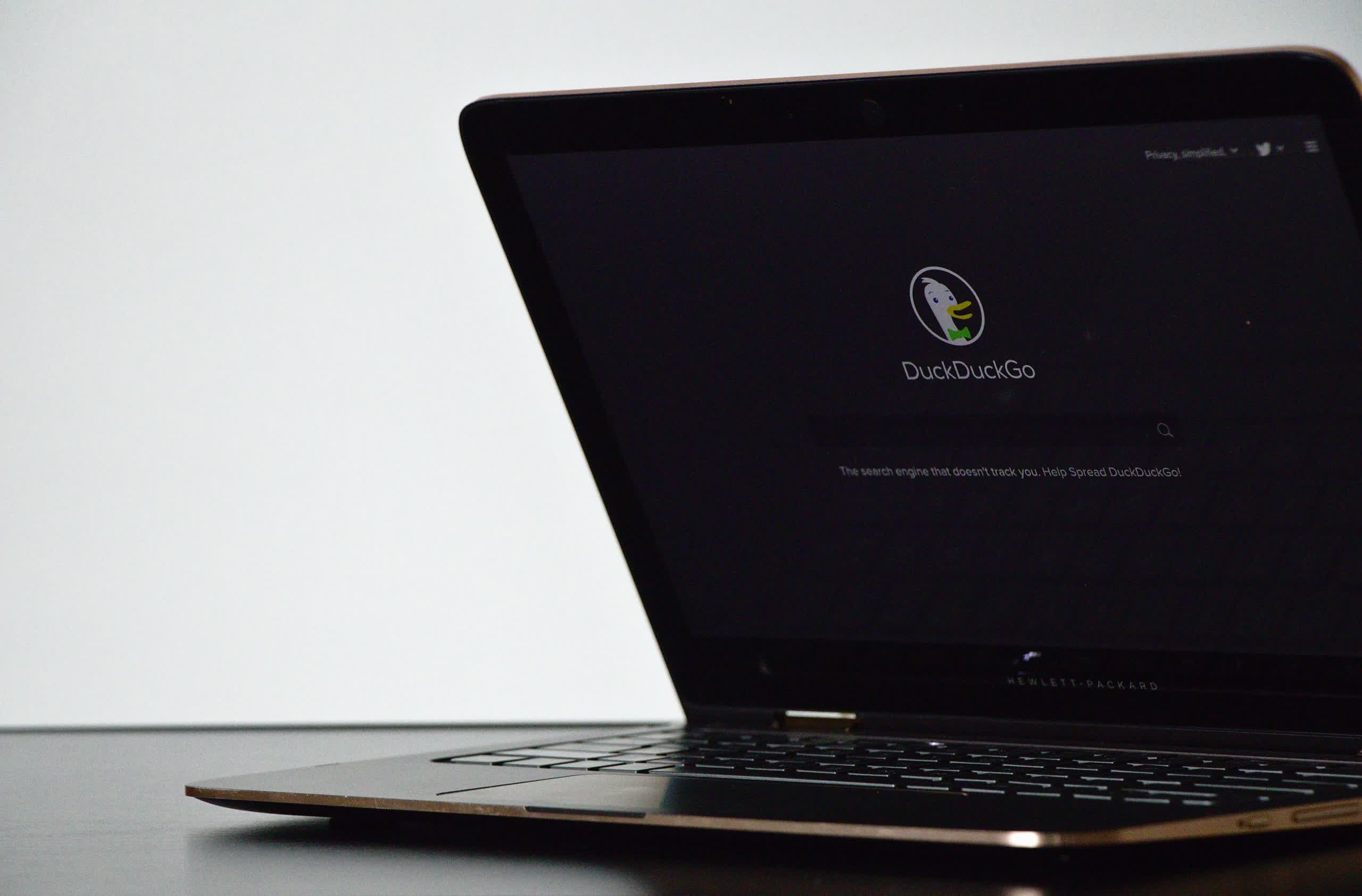
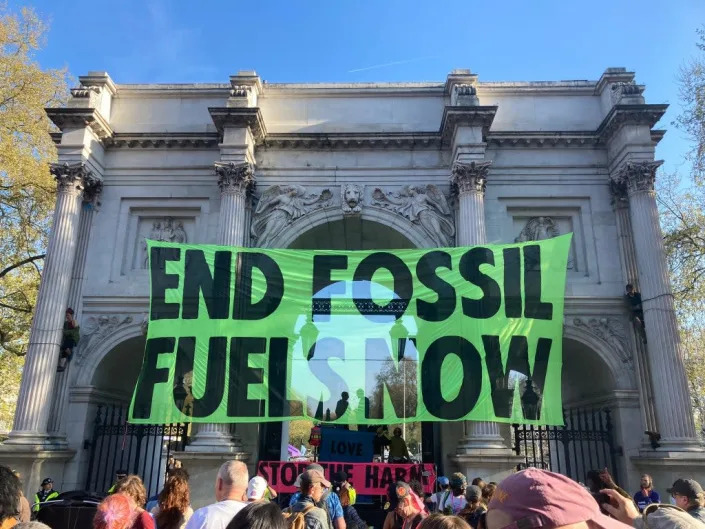
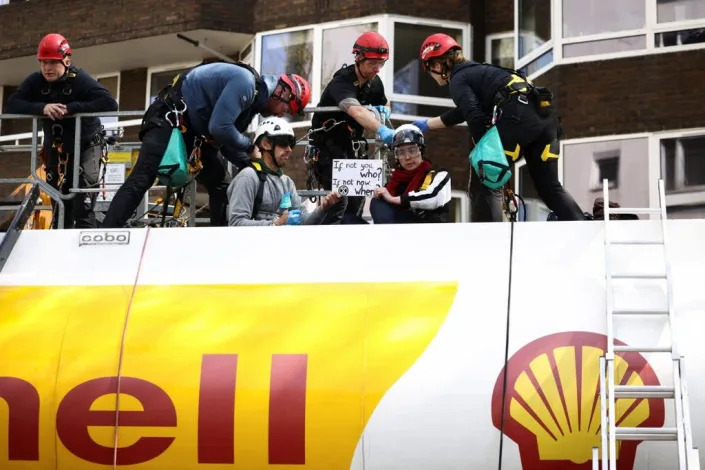
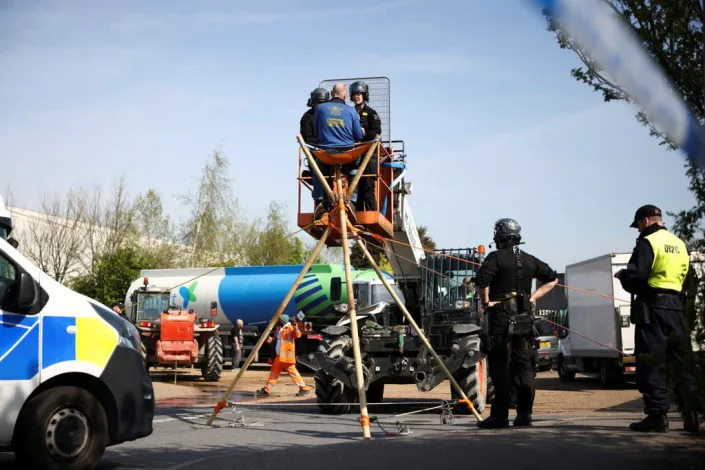

/cloudfront-ap-southeast-2.images.arcpublishing.com/nzme/VMJQRTLRPJNYOAKE6FHITDSNII.jpg)
/cloudfront-ap-southeast-2.images.arcpublishing.com/nzme/EORENW6NQKSUVLOCBJDMVOS2WE.jpg)
/cloudfront-ap-southeast-2.images.arcpublishing.com/nzme/COKP4HWYFH34JNCJGDKXUUUZ6I.jpg)
:quality(70)/cloudfront-eu-central-1.images.arcpublishing.com/thenational/GEJT7FX632GO5EXLNO7FK2B7HQ.jpg)
:quality(70)/cloudfront-eu-central-1.images.arcpublishing.com/thenational/NMXZY6NNI3V6GG7AL74UDRTPSU.jpg)
:quality(70)/cloudfront-eu-central-1.images.arcpublishing.com/thenational/EVVFC5TB56Y7QIYAQSNNGRSOMY.jpg)
:quality(70)/cloudfront-eu-central-1.images.arcpublishing.com/thenational/XFSQF6KRE4D2JG3CPVDSTO6SB4.jpg)
:quality(70)/cloudfront-eu-central-1.images.arcpublishing.com/thenational/HNR7LPUTHP7A634TJWCYL4LHY4.jpg)
:quality(70)/cloudfront-eu-central-1.images.arcpublishing.com/thenational/XUSCIP4S5BM56VVOSQVILJTUSU.jpg)
:quality(70)/cloudfront-eu-central-1.images.arcpublishing.com/thenational/JKEQSG3UL32JKCJE5PPYLKTWEM.jpg)
:quality(70)/cloudfront-eu-central-1.images.arcpublishing.com/thenational/DC5AYJNMLFP4L4NCLZOB5W3EVE.jpg)
:quality(70)/cloudfront-eu-central-1.images.arcpublishing.com/thenational/PUI7C4VWL7C3KUU5QVAKDEAPBI.jpg)
:quality(70)/cloudfront-eu-central-1.images.arcpublishing.com/thenational/XIKQRJW6ZLE7XMBDQARXU2Z3XM.jpg)
:quality(70)/cloudfront-eu-central-1.images.arcpublishing.com/thenational/B5DOJXL2ZMCJHD4YQERXK5RG7E.jpg)
:quality(70)/cloudfront-eu-central-1.images.arcpublishing.com/thenational/SPGS7UK3GZA7PXFEK3JTY6BSDY.jpg)
:quality(70)/cloudfront-eu-central-1.images.arcpublishing.com/thenational/XUWTODFZ3YIXLKJQZHQLXQCZOI.jpg)
:quality(70)/cloudfront-eu-central-1.images.arcpublishing.com/thenational/OINEBRTJIAPVHOTG4LJO4KF5LQ.jpg)
:quality(70)/cloudfront-eu-central-1.images.arcpublishing.com/thenational/EFJE234XKPAV2HYCJ4QATTFBBA.jpg)
:quality(70)/s3.amazonaws.com/arc-authors/thenational/9e2159fa-e4db-4215-b498-6b3607b75bee.png)